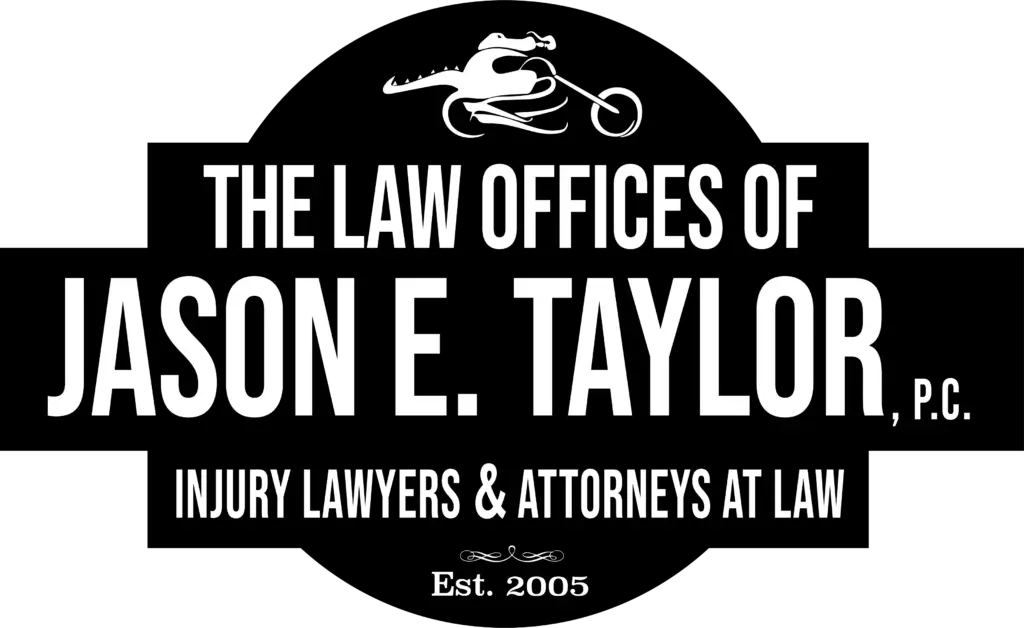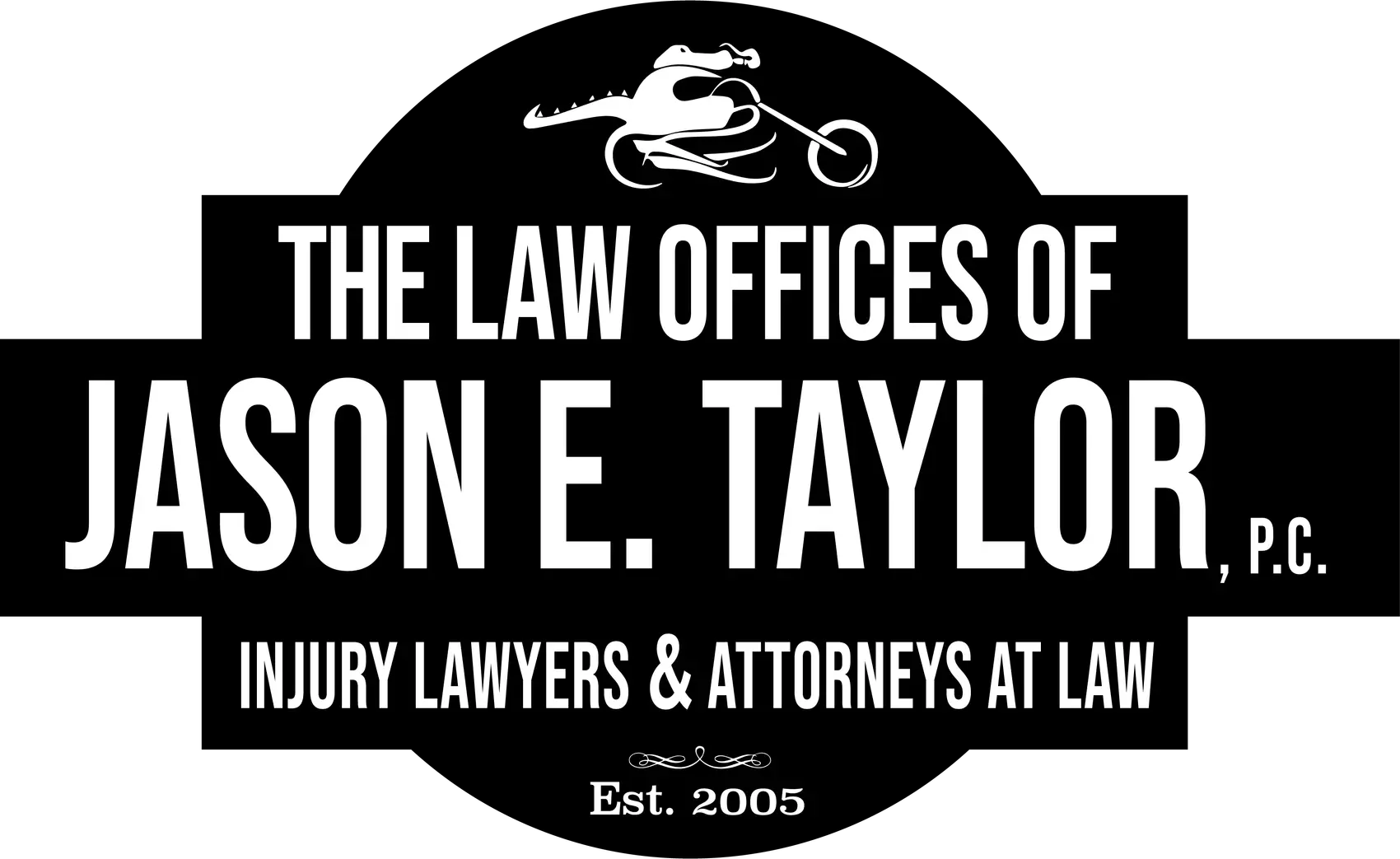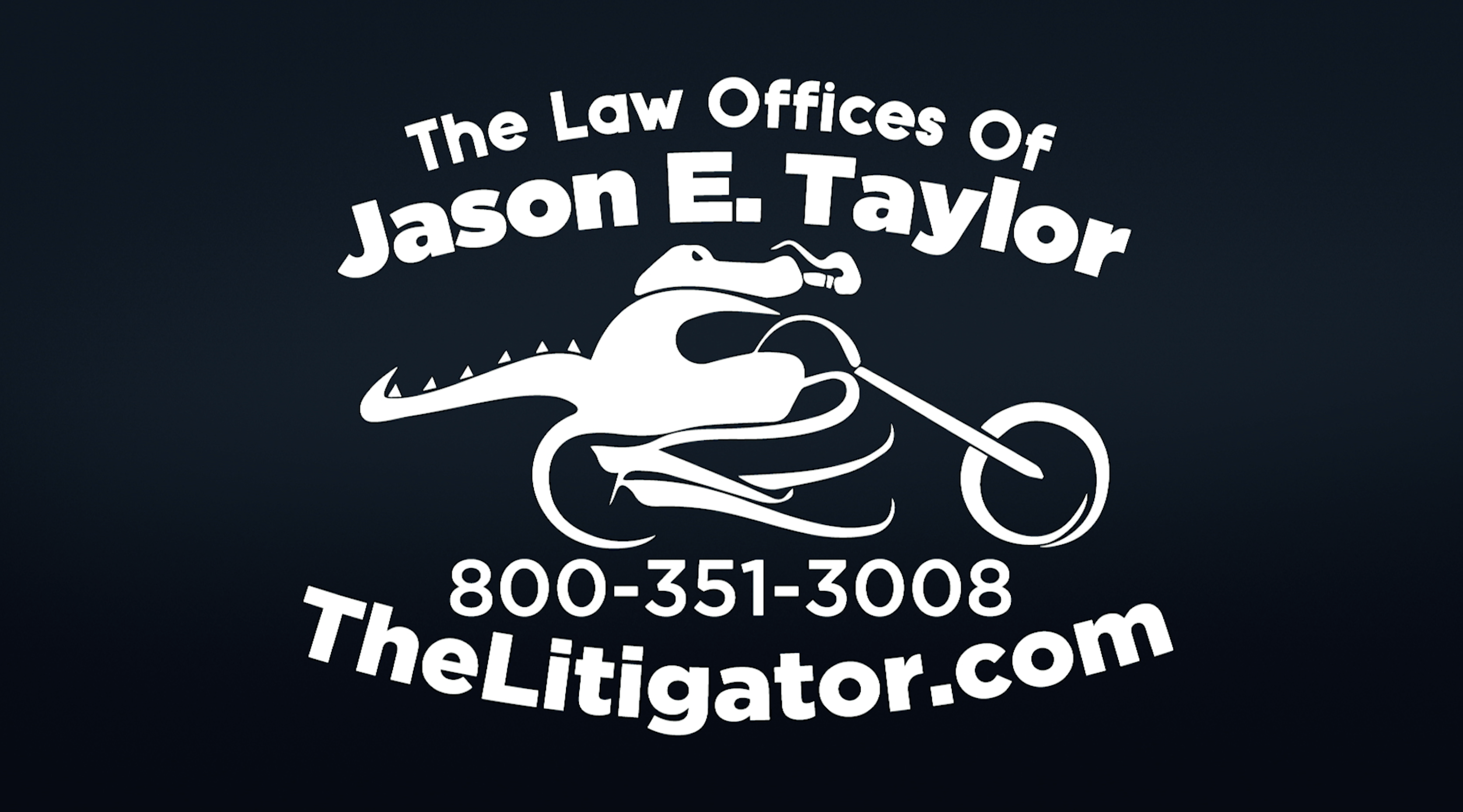¿Qué causó la caída o la lesión?
Carolina del Norte exige que los visitantes, invitados, clientes, etc., ejerzan un cuidado razonable cuando se encuentren en la propiedad de una persona o empresa, y el propietario de la propiedad debe haber incumplido su deber de proporcionar un entorno seguro. Por eso es fundamental poder identificar qué provocó la caída.
Si no se puede identificar la causa de su caída, demostrar la culpa puede resultar complicado, pero no imposible. Si puede identificar qué causó la caída, ¿fue lo suficientemente abierta y obvia como para poder evitarla razonablemente? La ley no espera ni exige que usted camine con el mayor cuidado posible, pero sí espera que usted se maneje con cuidado. A continuación, necesita saber quién es responsable de lo que provocó su caída.
¿Quién es responsable de lo que causó la caída/lesión?
A veces es el dueño de la tienda. A veces es un vendedor en la tienda. Teniendo experiencia en estos casos es donde también se pueden ver resultados. Muchos abogados en Carolina del Norte ya no aceptan estos casos porque se han vuelto muy complejos. Sin embargo, los abogados de las Oficinas Legales de Jason E. Taylor escucharán su caso y evaluarán si podemos ayudarlo.
Con oficinas en Charlotte, Hickory, Concord y Rock Hill, y miembros del equipo que viven en Lenoir, Newton, Charlotte, Huntersville, Greenville y Columbia, por nombrar algunos, tenemos el conocimiento local para comprender mejor su caso.
No todas las caídas se generan por igual. Los hechos que rodean el caso de su local son extremadamente críticos para determinar si tiene un reclamo o no. Documente todo.
Reúna los hechos
Tome fotografías de la escena, averigüe qué causó su caída, si fue en una tienda, complete un informe con el gerente y solicite el informe, y escriba el nombre de todos los que estuvieron presentes. Cuanto más sepa sobre el accidente y cuanto antes lo sepa, mejor podremos analizar si tiene un reclamo viable.
Objetos que caen
La mayoría de la gente piensa que los casos de premisas ocurren cuando usted se resbala, tropieza y cae en la propiedad de alguien. Sin embargo, a veces algo más cae, rueda o choca contra usted mientras está en una tienda.
Si usted resulta lesionado por algo que cae sobre usted bajo el control exclusivo del dueño de la propiedad, se presume negligente. La carga de demostrar que no fueron negligentes recae sobre ellos. Sorprendentemente, esto sucede con más frecuencia de lo que piensas. Muchas tiendas grandes mantienen sus existencias en estantes altos hasta que las necesitan, y no siempre se apilan o aseguran adecuadamente.
Estas situaciones pueden provocar lesiones graves, ya que los objetos que caen suelen golpear primero la cabeza y el cuello de la persona. En este caso, los hechos siguen siendo vitales y debemos tomar las mismas medidas que en un resbalón y caída para presentar su caso de la mejor manera posible.
Buscar atención médica
Las lesiones de un caso local son tan variadas como los hechos que las rodean y van desde un ego magullado hasta ligamentos desgarrados, huesos rotos e incluso lesiones cerebrales traumáticas. Como ocurre con cualquier caso de lesiones personales, es imperativo buscar tratamiento si cree que algo anda mal. Debido a la gran variedad de lesiones, es posible que no sepas durante un día o más si algo anda mal. Ningún abogado puede decir si usted está herido o no. Este es un trabajo para un médico. Si crees que puede haber algo mal, lo mejor es que pienses primero en tu salud y después en tu caso.
Buscar ayuda legal
Aunque los casos de responsabilidad de locales son extremadamente complejos y a menudo deben litigarse, los abogados de las Oficinas Legales de Jason E. Taylor quieren conocer su caso para determinar si merece una compensación.
No hay excusa para un propietario negligente y una negligencia que resulte en lesiones a otra persona. Las compañías de seguros quieren esconderse detrás de leyes que no protegen adecuadamente a las personas lesionadas. Pero, si usted está lesionado y cree que alguien más puede tener la culpa, deje que los abogados de las Oficinas Legales de Jason E. Taylor determinen qué podemos hacer.
Póngase en contacto con nuestros abogados de lesiones personales
Contáctenos hoy para hablar con uno de nuestros abogados de Charlotte, Concord, Hickory o Rock Hill.








